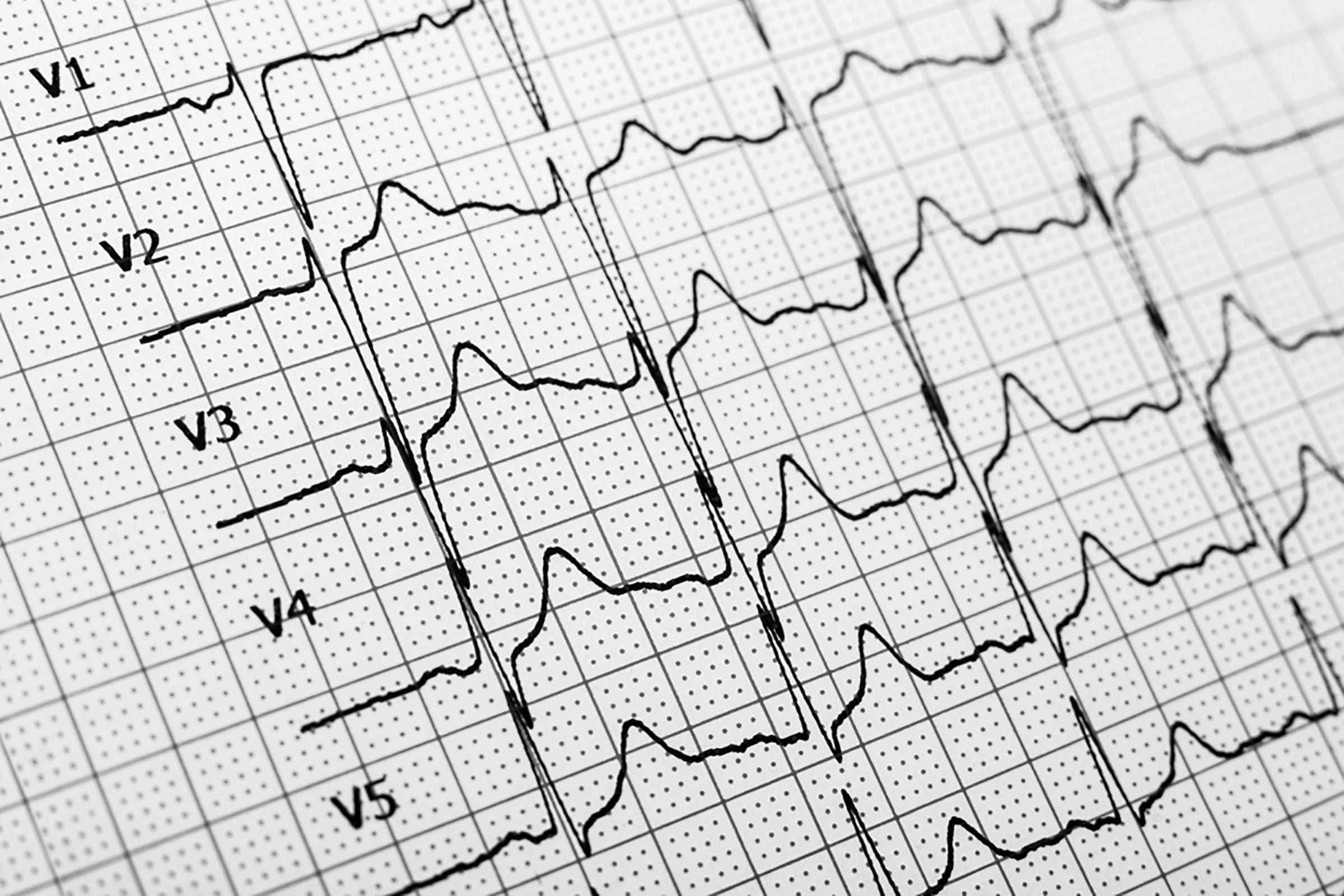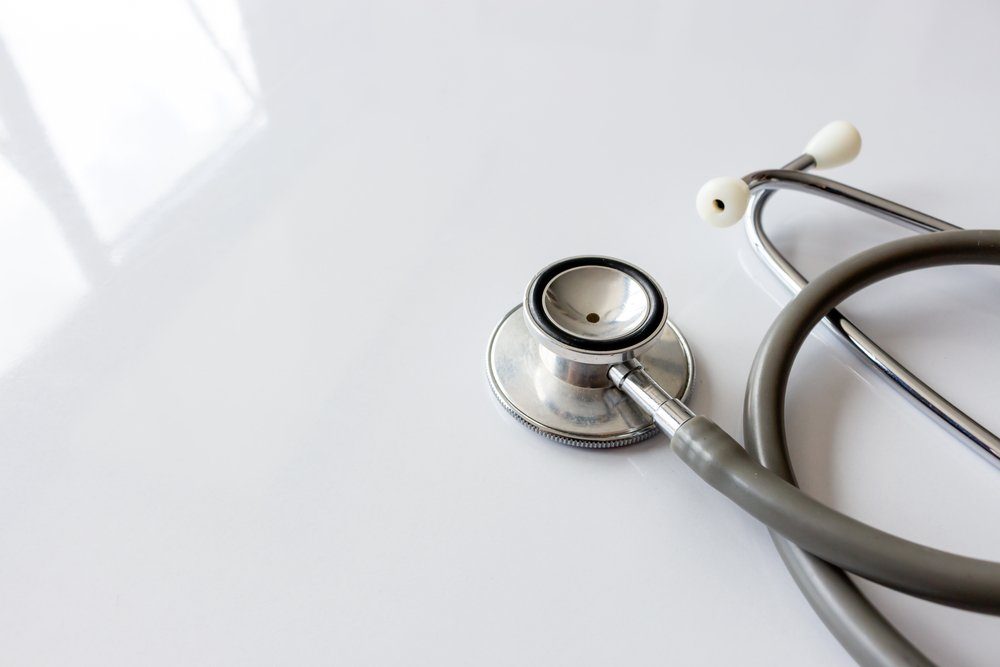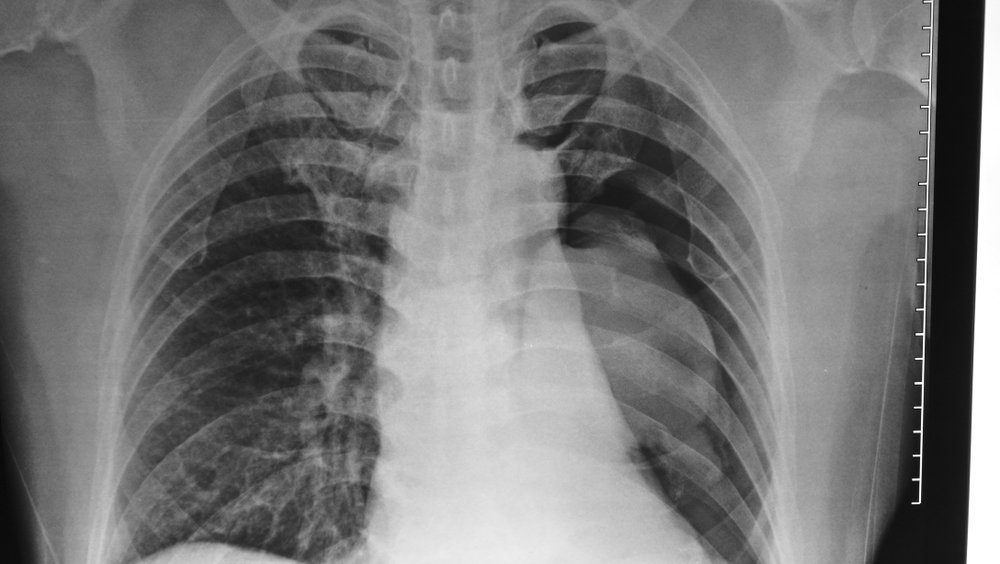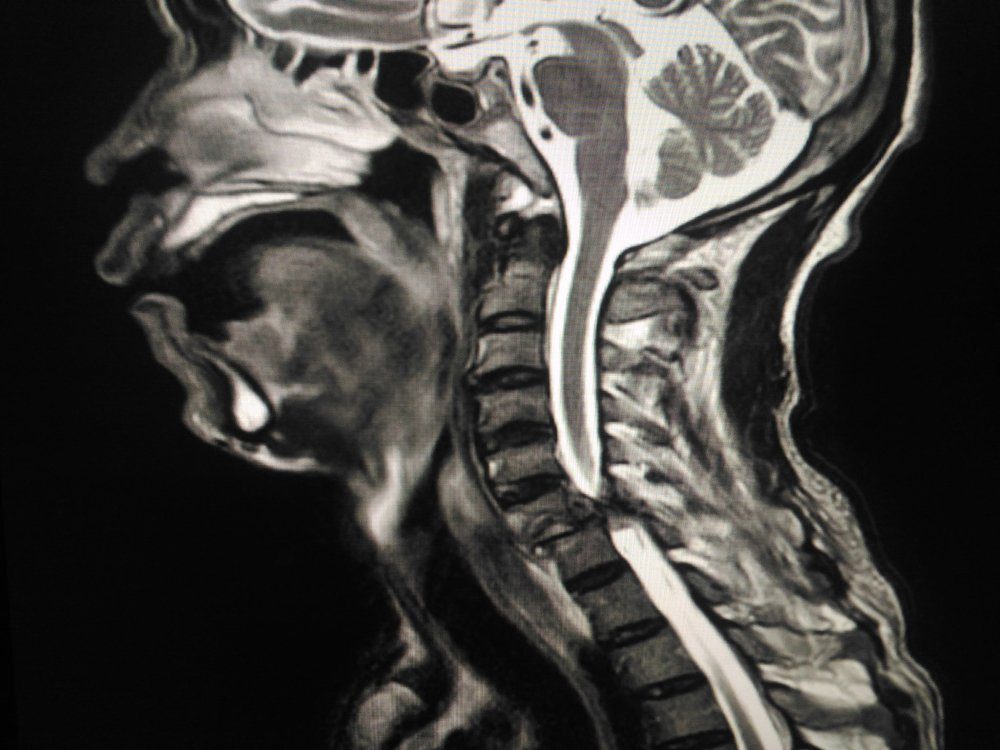
What is vaping?
When e-cigarettes first hit the market in late 2000, they were believed to be a safer alternative to tobacco cigarettes, but now there is evidence to the contrary. According to the Centers for Disease Control (CDC) up to 530 instances of a new lung disease possibly linked to the devices as well as eight deaths have been reported. Vaping, it turns out, is deadly. It’s also addictive. When you vape, you inhale liquid (or e-juice) from a cartridge attached to the vaping device. In addition to nicotine, that liquid can contain dozens of other chemical ingredients and flavourings.
Kids and teenagers have been especially attracted to vaping, thanks in part to attractive flavours like bubble gum, mango, and mint. Vape use in high school students rose by 900 per cent between 2011 and 2015, according to the U.S. Surgeon General.
Quitting vaping can be difficult, just like trying to stop smoking. There are some immediate, though often temporary, negative impacts. The positive ones soon outpace the negative, however. Read on to learn exactly what happens in your body the minute you stop vaping.

20 minutes later: Cardiovascular improvements
In as little as 20 minutes, “your heart rate returns to normal, your blood pressure drops, and your circulation starts to normalize,” says Nikola Djordjevic, MD, project manager of MedAlertHelp.org.
Your breathing may improve, too: “The two key ingredients in an e-cigarette—propylene glycol and vegetable glycerin—produce chemicals when heated that are detrimental to your respiratory tract,” says Caleb Backe, a certified health and wellness expert for Maple Holistics. “When you quit vaping, you should find that your breathing becomes less laboured and your airflow is clearer.”
Find out more medical news that could save your life.

A few hours later: Nicotine withdrawals
Nicotine is addictive, and you may experience some minor and temporary symptoms. “Acute nicotine withdrawal symptoms can be psychological and physical,” says Dr. Djordjevic. The psychological symptoms can include cravings for nicotine, mood swings, trouble concentrating, irritability, and anxiety, he says. Physical symptoms include “headaches, sweating, tremors, insomnia, increased appetite, abdominal cramps, and constipation,” Dr. Djordjevic says. (Find out the abdominal pains you should never ignore.)
These are the first effects you’re likely to feel, often within four to 24 hours after quitting. These effects will peak around day three, Dr. Djordjevic says, “and gradually decrease during the following three to four weeks. So it will take around a month to break the habit.”

One day later: Heart attack risk falls
According to one study daily e-cigarette doubles a person’s risk for a heart attack. If you quit, however, the risk begins to fall very quickly. “After just one day, your heart attack risk starts to decrease thanks to the lowering of blood pressure, rising blood oxygen levels, and reducing the negative influence on cholesterol levels and the formation of blood clots,” Dr. Djordjevic says.
Learn to spot the silent signs of a heart attack.

Two days later: Senses begin to improve
Vaping, like cigarette smoking, can blunt your senses, reducing your ability to smell and taste. After just 48 hours without a puff, you may begin to notice your ability to taste and smell food has improved.

Three days later: Nicotine is out of the body
If you haven’t had nicotine withdrawals yet, you may be experiencing them by day three. “Nicotine leaves your body on day three, which is why withdrawal symptoms peak then,” Dr. Djordjevic says.
“You can have withdrawal symptoms of nicotine in the form of a headache, sweating, abdominal cramping, or nicotine cravings,” says Osita Onugha, MD, thoracic surgeon and director of thoracic surgery research and surgical innovation lab at John Wayne Cancer Institute at Providence Saint John’s Health Center in Santa Monica, CA.

One month later: Lungs begin to show how much healthier they are
Smokers often have a nagging cough or make a wheezing sound when they breathe that many refer to as a smoker’s cough. Smoking even e-cigarettes can badly impair your lung health and make fighting off infections difficult. Quitting, however, will help your lungs rebound. “After one month, your lung capacity improves; there’s noticeably less shortness of breath and coughing,” Dr. Djordjevic says.
Here are the signs of lung cancer you should never ignore.

After three months: Blood circulation has improved
Nicotine in cigarettes constricts the blood vessels in your skin and around your heart, research says. The nicotine in an e-cigarette may be just as harmful. However, after you quit, your blood circulation will begin to improve, as blood vessels return to their normal diameter.
Here are the best foods to improve your circulation.

After nine months: Your lungs can fight infections again
“After nine months, lung health improves significantly thanks to the renewal of microscopic hair-like structures inside the lungs that help push out mucus and fight infections,” Dr. Djordjevic says. This could significantly reduce your likelihood of some infections and complications from illnesses like the flu and pneumonia.
Discover eight things your mucus says about your health.

After one year: Your risk of a heart attack is cut in half
Now that your blood vessels are returning to normal size, your heart rate is back to a safe pace, and your blood pressure is lowered, your risk for a heart attack is lower than while you were still vaping. “After one year, cardiovascular risk reduces by 50 per cent,” Dr. Djordjevic says.
Here are 30 more ways to boost your heart health.

After five years: Stroke risk is significantly lower
The long-term effects of better heart health and lower blood pressure grants you another significant benefit: lower stroke risk. Compared to nonsmokers, e-cigarette users have a 71 per cent high risk of stroke, a study found. Quitting can lower that risk almost immediately, but the risks continue to fall with each passing calendar month.
Find out more stroke risk factors you can control.

A decade later: Lower cancer risks
Recent research suggests e-cigarettes and vaping may lead to DNA changes and genetic mutations that can increase the risk of cancer. So the longer you avoid e-cigarettes, the healthier your body will be. “After a decade, lung cancer risk is reduced by 50 per cent, as well as the risk of pancreatic, mouth, and throat cancer,” Dr. Djordjevic says. “After 15 years, your risk of developing coronary heart disease becomes the same as a nonsmoker’s. The same goes for the risk of developing pancreatic cancer.”
Learn to spot these early signs of throat cancer.

20 years later: It’s like you never vaped
There will come a day that the bad habit of vaping won’t have any lasting impact on your body and your health. “After 20 years, your risk factors will be similar to those who have never smoked or vaped.”
If you’re ready to kick the habit, ex-smokers offer their best advice for quitting cigarettes.